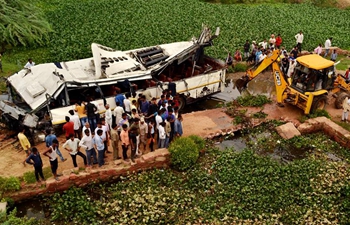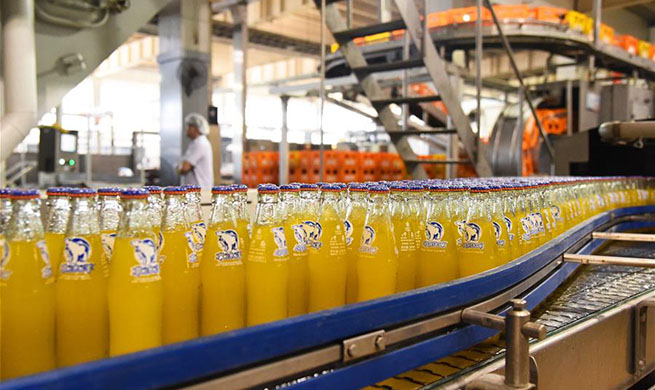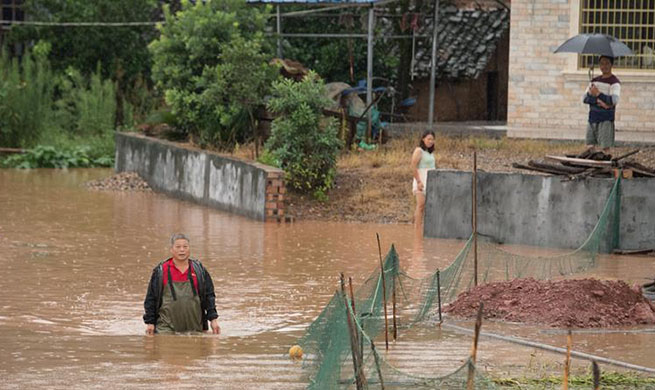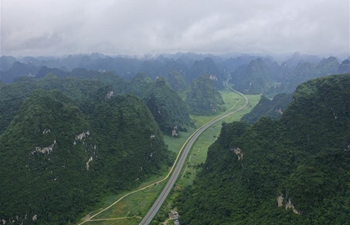TOKYO, July 9 (Xinhua) -- The Japanese government will not appeal against a court ruling handed down recently in Kumamoto Prefecture awarding the state to pay compensation to former leprosy patients' families, local media said Tuesday.
The Kumamoto District Court in late June ordered the government to pay damages to the tune of around 370 million yen (3.4 million U.S. dollars) and in doing so ruling in favor of 541 plaintiffs.
The government was given a deadline of until Friday as to whether to appeal the Kumamoto District Court's ruling, which marked the first such ruling ordering the state paying compensation to family members of those with leprosy.
The discrimination suffered by patients with leprosy, also known as Hansen's disease, included social isolation in sanatoriums, or special "medical clinics," which was part of the standard practice to address the disease under the Japanese government's controversial segregation policy.
Japanese Prime Minister Shinzo Abe told a press briefing on the matter that the government could no longer prolong the hardship the family members have had to endure due to the contentious policy.
"We cannot prolong the hardship of family members who have gone through something indescribable. Though it's a rare move, we've decided not to appeal against the ruling," Abe said.
The ruling made by the Kumamoto District Court was the first ruling awarding compensation to family members, with the court finding that the government acted illegally by not ending its segregation policy by 1960.
The court also found illegality in Japan keeping its leprosy prevention law until 1966.
In terms of the family members of those with leprosy, the segregation policy meant that they also suffered, as they were sometimes not allowed to enter public places like schools, discriminated against when it came to finding jobs and struggled, due to the stigma, to find spouses.
Of the 561 plaintiffs who are family members of former leprosy patients across the country, 541 were awarded compensation of between 330,000 yen (3,031 U.S. dollars) and 1.43 million yen (13,138 U.S. dollars) each.
Following a 2001 court ruling that found the segregation policy, that was brought into effect under the nation's leprosy prevention law, which was enacted in 1907 and continued until 1996, was unconstitutional, Japan introduced a compensation system for leprosy patients.
The compensation system launched at the time was done so regardless of whether leprosy patients, the disease of which is now curable under modern treatment, were forced to be isolated in sanatoriums or not.
Similarly, the ruling was not appealed by the Japanese prime minister at the time, Junichiro Koizumi, and the state was ordered to pay 1.82 billion yen (16.72 million U.S. dollars) in compensation to the former leprosy patients.
Koizumi also issued an apology to the plaintiffs at the time for their immeasurable suffering at the hands of the government's controversial system of dealing with those with leprosy by essentially and forcibly shutting them away from society behind locked doors.













